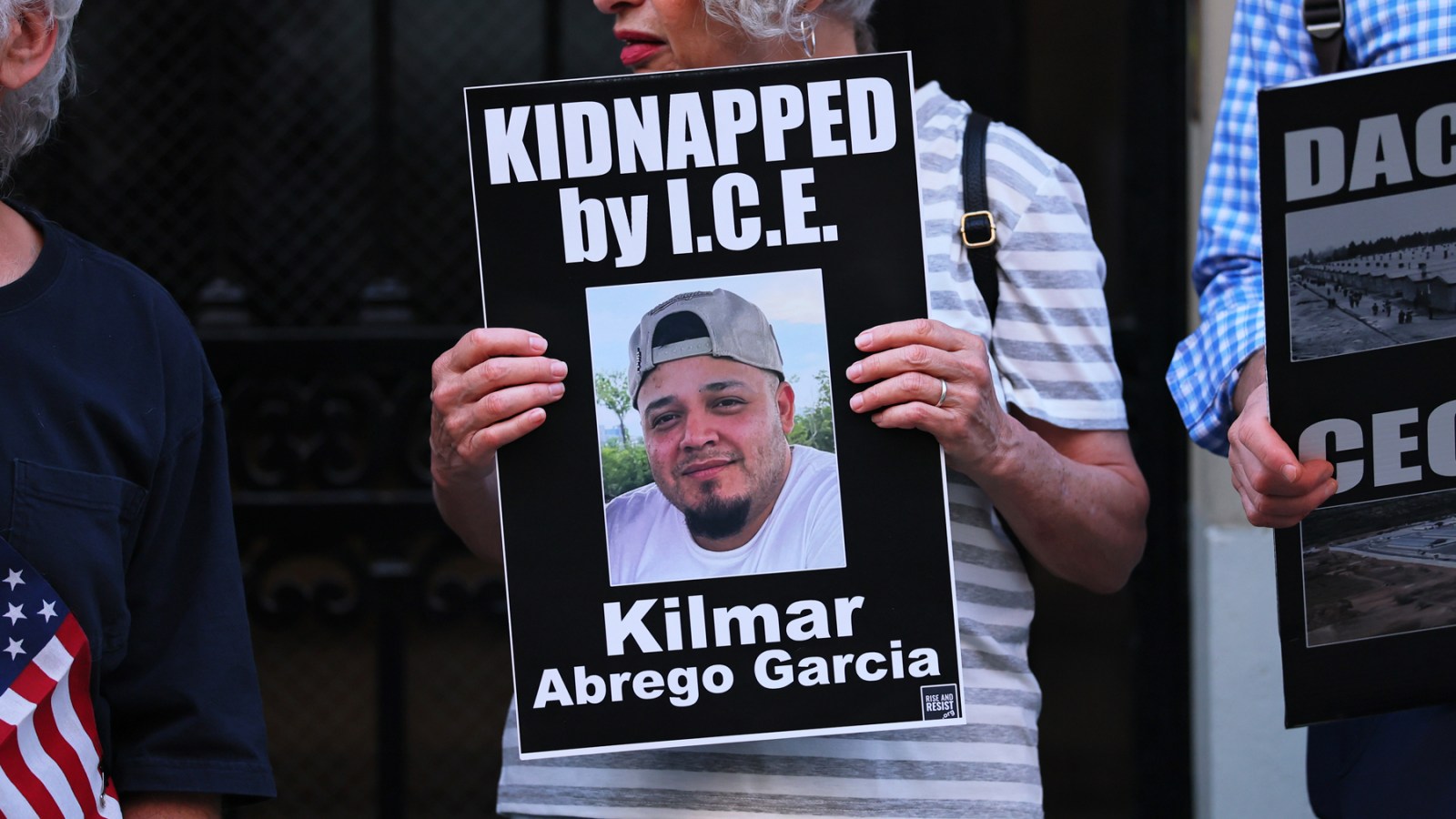WASHINGTON, D.C. – The Trump administration is poised to deport Kilmar Abrego Garcia once more as legal efforts to prosecute him falter in court.
Breaking: Legal Setbacks in High-Profile Deportation Case
During a pivotal hearing on Thursday in Maryland, where Abrego Garcia resides, the Justice Department revealed plans to have him arrested by Immigration and Customs Enforcement (ICE) upon his release from federal custody. A judge had recently ordered his release on bail, citing insufficient evidence for detention.
DOJ attorney Jonathan Guynn announced that the government intends to deport Abrego Garcia to a third-party nation, avoiding El Salvador, his homeland, from which he was previously barred from deportation due to safety concerns.
Immediate Impact of Supreme Court Ruling
The Supreme Court’s decision earlier this week allows the Trump administration to deport individuals to countries other than their origin, such as Libya and South Sudan, with minimal notice. It remains uncertain where the administration plans to send Abrego Garcia.
“The government cannot simply rely on the general reputation of a particular street gang to satisfy its burden,” wrote U.S. Magistrate Barbara D. Holmes.
Key Details Emerge in Court Proceedings
The Justice Department’s portrayal of Abrego Garcia as a dangerous criminal was scrutinized in court. Magistrate Holmes ordered his release on bail, exposing the government’s allegations of human smuggling and MS-13 affiliation as largely unfounded.
The accusations rested on hearsay and inadmissible evidence, leading Holmes to criticize the reliance on gang reputation rather than concrete evidence.
By the Numbers: Legal and Political Implications
The Supreme Court’s ruling permits deportations to alternative countries with minimal notice.
Meanwhile, the Trump administration’s actions have drawn widespread criticism, viewed as a misuse of legal procedures for political gains.
Background Context: A Controversial Deportation
Abrego Garcia’s case has been marred by controversy since his initial deportation from El Salvador, which the Supreme Court deemed illegal, ordering his return to the U.S. This latest move by the administration appears to sidestep judicial scrutiny by relocating him before further legal challenges can be mounted.
Expert Analysis: Legal Experts Weigh In
Legal experts argue that the administration’s tactics undermine due process, a cornerstone of the American legal system. The decision to deport Abrego Garcia without trial raises significant ethical and legal questions.
According to sources familiar with the case, the government’s strategy reflects a broader trend of circumventing established legal norms.
What Comes Next: Future Implications
The timing is particularly significant as it coincides with heightened scrutiny of immigration policies. The outcome of Abrego Garcia’s case could set a precedent for future deportations under similar circumstances.
As the situation unfolds, the international community and human rights organizations are closely monitoring developments, concerned about the broader implications for deportation practices.
The move represents a significant shift from traditional deportation protocols, potentially impacting U.S. relations with other nations regarding human rights and immigration policies.
While the legal battle continues, the fate of Kilmar Abrego Garcia remains uncertain, with potential ramifications extending beyond his individual case.
